Americas
2012
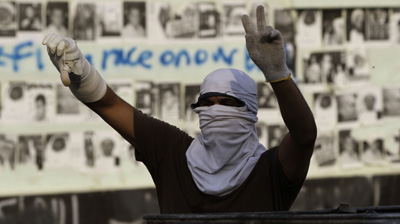
For journalists, danger lurking in your email
This week, Morgan Marquis-Boire and Bill Marczak of the University of Toronto’s Citizen Lab provided a disturbing look into the likely use of a commercial surveillance program, FinFisher, to remotely invade and control the computers of Bahraini activists. After the software installs itself onto unsuspecting users’ computer, it can record and relay emails, screenshots, and…
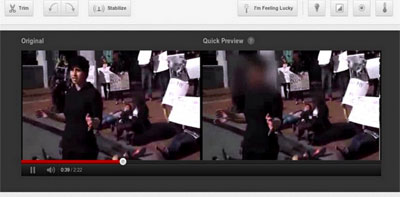
Face-blurring comes into focus for journalists
This week, YouTube announced a feature that should catch the eye of video journalists and bloggers working in dangerous conditions. After uploading a video to YouTube, you can now deploy a “blur faces” post-production tool that, in theory, should disguise the visual identity of everyone on the screen. The Hindu newspaper has an excellent how-to…

Bossa Nova’s home and Olympics host is risky for press
The jagged mountains ringing Rio de Janeiro descend to a temperate valley with two storied beaches on the Atlantic. Here is the city that gave the world a new, eclectic musical beat with the Bossa Nova, the South American jewel that will host the summer Olympic Games in 2016. Yet Rio has also been the…
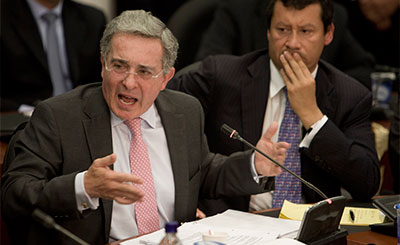
Uribe’s angry tweets do more than antagonize
More than a year after he left office, Álvaro Uribe Vélez confessed that “it was not in him” to live as a former president. And in fact, having dominated Colombian politics for eight years, it has been impossible for Uribe to fade from the public eye since leaving office in August 2010. Instead of retiring…
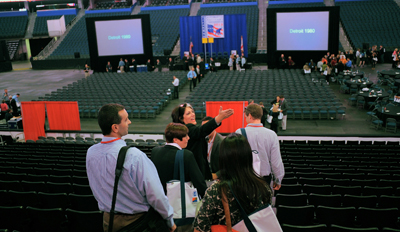
What to know about covering the conventions
If May’s NATO Summit in Chicago is any indication, journalists covering events outside the national political conventions in Tampa, Fla., and Charlotte, N.C., later this summer can expect that everyone–mainstream media, bloggers, citizen journalists, protesters, and bystanders–will have a camera of one kind or another. With the widespread proliferation of cellphone cameras, capable of recording…
The New York Times takes on China’s censors
Well, that didn’t take long. Just days after The New York Times’ soft launch of its Chinese-language edition and accompanying microblog accounts, Berkeley-based China Digital Times website reports that the @nytchinese Sina Weibo feed is no longer accessible in China, along with two accounts hosted by Netease and Sohu. We couldn’t pull them up this…
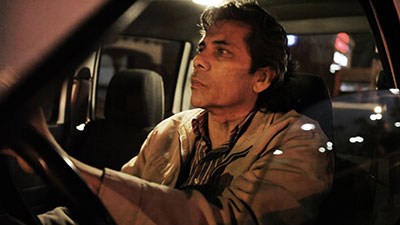
Film ‘Reportero’ features tenacious Mexican magazine
A week before Sunday’s crucial presidential elections in Mexico, CPJ participated on a panel with filmmaker Bernardo Ruíz and Mexican journalist Sergio Haro about the perilous conditions for journalists in that country, where CPJ research shows 48 journalists have been murdered or disappeared since outgoing President Felipe Calderón took office in December 2006.

Author of Chauncey Bailey book: ‘We had to do this’
When Thomas Peele came into the CPJ offices last week to discuss Killing the Messenger, his book about the murder of journalist Chauncey Bailey, he described a story that was layered with scandal, including a polygamous cult, bankruptcy, kidnapping, rape, a flawed confession, leaked evidence, and secret alliances–not to mention the aggressive attack on a…
